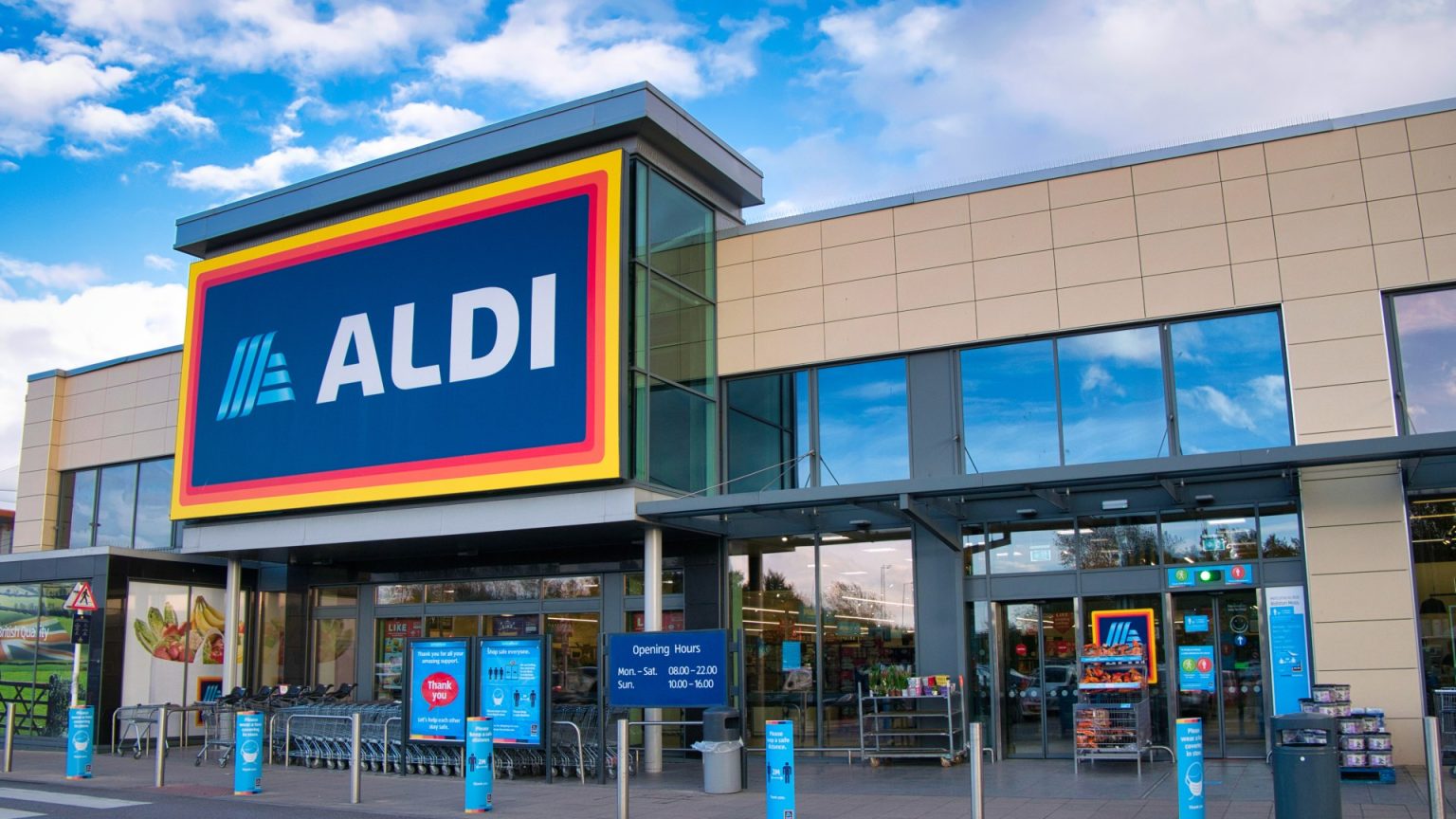Aldi, the German discount supermarket chain, is expanding its partnership with InPost, a parcel locker service, to enhance the online shopping experience for its customers. Initially trialed in 22 stores, the InPost lockers are now being rolled out to 260 Aldi locations across the UK. These lockers provide a secure and convenient way for customers to send, return, or collect packages, eliminating the need to wait at home for deliveries or adhere to restrictive store opening hours. This move caters to the growing popularity of online marketplaces like Vinted, offering a seamless integration of online shopping with the in-store grocery experience. Aldi aims to provide increased convenience, a key factor for its customer base, by offering this added service while shoppers pick up their groceries. InPost benefits from increased visibility and accessibility, broadening its reach and solidifying its position in the parcel delivery market.
The InPost lockers operate through a simple QR code system. Sellers using the service generate a unique QR code on their mobile phones, which grants them access to a locker where they can deposit their parcel. Couriers then collect the parcels from the lockers and deliver them to another locker near the buyer. The buyer receives their own QR code, which they use to unlock the designated locker and retrieve their purchase. This system simplifies the delivery process, reducing the reliance on traditional home deliveries and providing flexibility for both buyers and sellers. With over 11,000 InPost locker locations across the UK, the partnership with Aldi provides a significant expansion of accessible locations, particularly in areas with limited access to other parcel services.
This expansion of InPost lockers is just one of several changes Aldi is implementing across its stores. The company is also trialing a £10 pre-authorization charge at its Shop and Go store in Greenwich, London. This charge is applied to all customers upon entry and is refunded if their total purchase is less than £10. The purpose of this trial is likely to deter theft and streamline the checkout process, as it functions similarly to a deposit. However, the system has encountered some issues, with some customers reporting delays in receiving refunds or being charged multiple times due to accidental clicks on the app. Aldi has acknowledged these issues and is working to improve the system, stating that most refunds are processed within 48 hours.
Beyond these specific changes, the grocery retail landscape is witnessing a period of significant adjustments. Asda, for example, has modified its loyalty program, removing the “Star Products” feature, which previously allowed customers to earn 10% cashback on specific items. This decision sparked customer dissatisfaction, as it removed a popular benefit of the loyalty scheme. However, other aspects of the Asda Rewards program, such as “Missions,” remain in place. Asda is also reinstating its rollback on over 4,000 products, offering an average discount of 25%, a move likely designed to attract and retain price-conscious shoppers.
Tesco has also made adjustments to its online delivery services, expanding its same-day delivery slots. Customers can now receive their online grocery orders as early as 1pm, compared to the previous 7pm start time. Similarly, the click-and-collect service now starts at 12pm instead of 4pm. This enhanced flexibility aims to cater to the growing demand for rapid and convenient online grocery shopping, providing customers with more control over their delivery times. These changes reflect the increasing competition in the online grocery market, with retailers vying to offer the most convenient and efficient services.
Finally, understanding the optimal shopping times at Aldi can help customers maximize their savings and find the best deals. For discounted items, the best time to shop is as soon as the store opens, as this is when reduced-price items, typically marked with red stickers, are made available. These price reductions usually apply to items nearing their best-before or use-by dates. For Aldi’s “Specialbuys,” a range of limited-time, discounted non-grocery items, the best days to shop are Thursdays and Sundays, as this is when new stock arrives. Arriving early on these days increases the likelihood of finding the desired items, as “Specialbuys” are often popular and sell out quickly. By being aware of these timing strategies, shoppers can make the most of Aldi’s discount offerings and potentially save money on both groceries and other household items.


